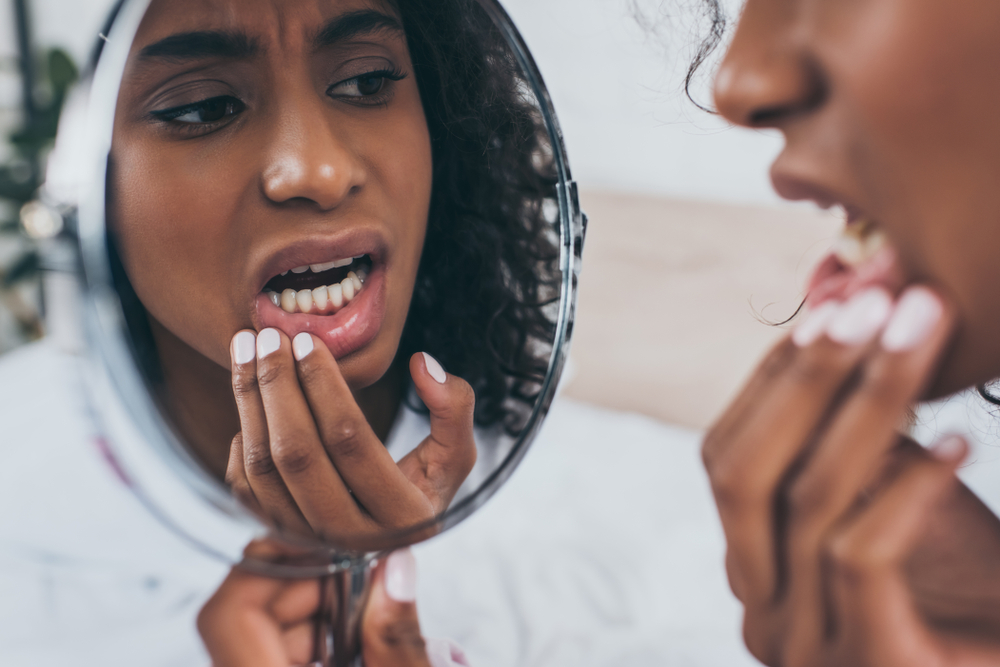We believe every smile should not only look beautiful—but function comfortably and correctly.
Occlusal disease is a condition that can affect both the health and longevity of your teeth, even if you don’t realize it’s happening. Often overlooked or mistaken for normal wear and tear, occlusal disease occurs when the teeth in the upper and lower jaw don’t fit together properly—a condition known as malocclusion.
Over time, this misalignment places excessive pressure on your teeth, jaw joints, muscles, and supporting structures. If left untreated, occlusal disease can lead to pain, cracked or broken teeth, receding gums, TMJ dysfunction, and costly restorative needs down the road.



